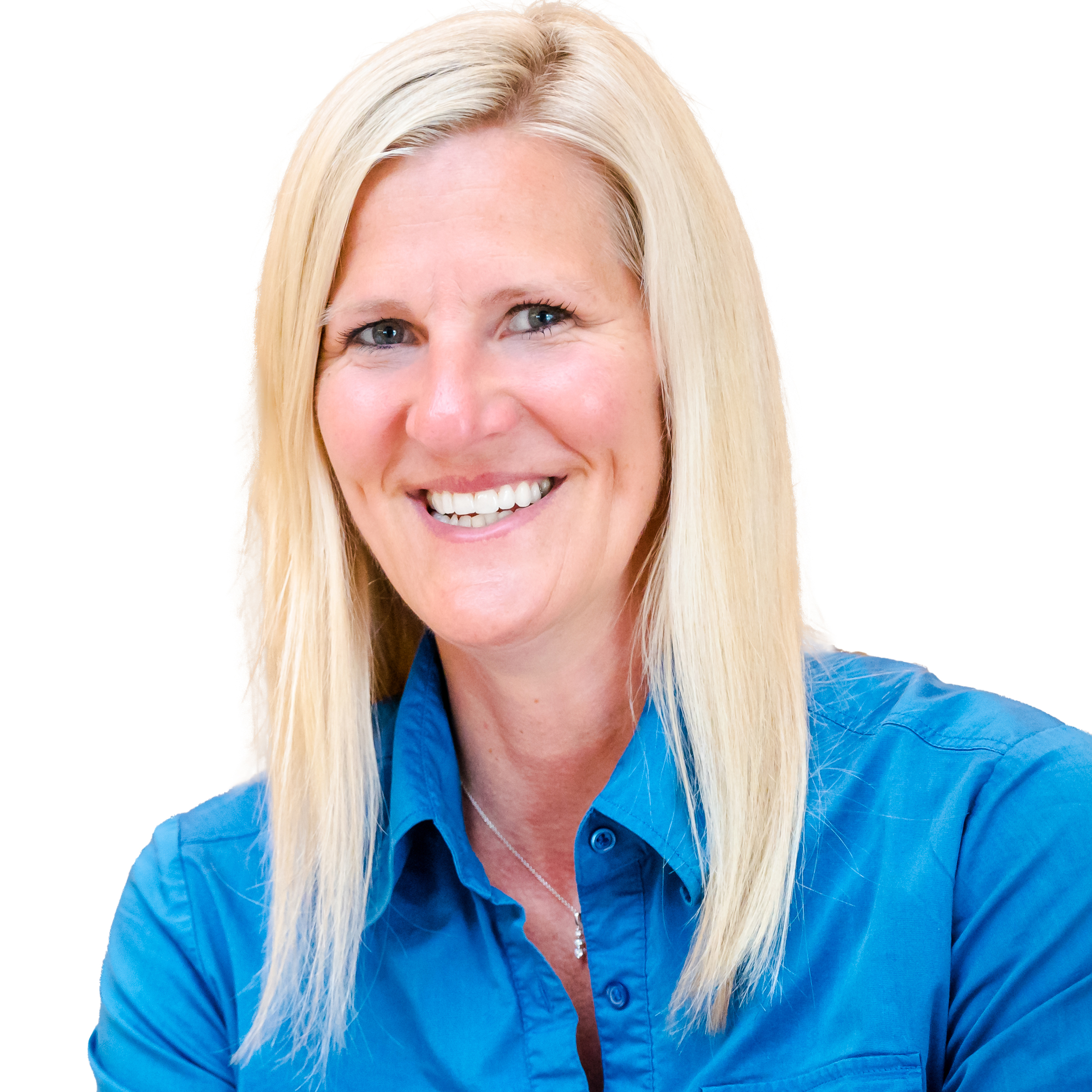DEED Automation Loan: Does Your Small, Minnesota-Based Business Qualify?
Have you heard about the DEED Automation Loan Participation Program, but don’t know much about it or whether you qualify? If you’re a small manufacturing, distribution, warehousing or technology company in Minnesota and are in need of gap financing for an automation project, chances are you’ll be able to obtain the assistance you need! This blog will discuss the loan, as well as what it takes to qualify.
What is the DEED Automation Loan Program?

Created by the Minnesota Department of Employment and Economic Development (DEED), the Automation Loan Participation Program (ALPP) is intended to help small businesses that have historically been less likely to pursue automation and are often not able to secure full financing for automation improvements from other lenders.
“Facing the tightest labor market in America, we know Minnesota businesses can’t create a larger workforce out of thin air,”
DEED Commissioner Steve Grove said in a press statement issued by the department. “A key strategy has to be automation, which is why DEED’s new Automation Loan Participation Program will help manufacturers automate more quickly to drive innovation and productivity gains that will help our economy grow.”
The ALPP is intended to provide companion loans that fill gap financing needs when purchasing machinery, equipment or software with the goal of increasing productivity through automation for businesses with 750 or fewer employees.
The loans must be made in conjunction with private qualified financing in an amount at least equal (1:1) to the DEED loan. Offering as much as $500,000, the loans will have a 1% interest rate with a 5- to 7-year term.
Additionally, the loan may not be used for the same purpose as any federal guaranteed private financing being used for the project. The machinery, equipment or software to be purchased must total less than $20 million.
Who Qualifies for the DEED Automation Loan Participation Program?
Eligible borrowers must be in the manufacturing, distribution, technology or warehousing sectors, be located in Minnesota and have 750 or fewer employees. To qualify, the business must be purchasing machinery, equipment or software that will increase productivity and automation and must be used in a facility located in Minnesota. Additionally, the equipment cannot already have been purchased prior to applying for the loan and it cannot be leased.
There are also several lender requirements in that a lead lender (such as a bank) has been identified as the primary source of financing and the lead lender must agree to cooperate with DEED. Further, the borrowing business must allow the lead lender to share information with DEED.
In addition, to qualify, there must be a gap financing need in that the business cannot obtain all required financing through the lead lender (for example, the project costs $50,000 and the lead lender will provide just $30,000 of the total). The borrowing business must agree to provide collateral and the business owners must agree to guarantee the loan.
Because the DEED loan is part of the U.S. Treasury Small State Business Credit Initiative (SSBCI), the borrowing business must agree to comply with SSBCI guidelines, including signing certifications regarding the use of the proceeds, any conflicts of interest and that no principal of the business is a sex offender. The business must also agree to supply the required information for SSCBI reporting purposes.
What Equipment Qualifies as Automation for the DEED Loan?
For the purposes of the program, automation technology is a process or procedure performed with minimal human assistance using various control systems for operating machinery or processes in factories or other facilities with minimal or reduced human operation. Adoption, implementation and use of any of three types of automation in production will be considered for the loan program, including:
Fixed automation
Also known as hard automation, fixed automation refers to an automated production facility in which the sequence of processing operations is fixed by the equipment configuration. This means programmed commands are contained in the machines in the form of cams, gears, wiring and other hardware that is not easily changed over from one product to another. Typically, these systems offer high production rates and are suitable for producing large volumes.
Programmable automation
Programmable automation is most often used for batch production of products. Batch quantities may range from several dozen to several thousand units at a time. For each new batch, the automated equipment is reprogrammed and changed over to accommodate the new product style. There is generally significant changeover time associated with reprogramming between batches.
Flexible automation
In flexible automation, the variety of produced products is usually somewhat limited, so the changeover of equipment can be done quickly and automatically and is performed at a computer terminal.
How to Apply
Interested businesses can apply directly to DEED here. It should be noted that during the application process, prospective borrowers will be asked about the details of the project, including a written explanation regarding the ways in which the automation project will enhance productivity at the site and the anticipated benefits to the business, said John Endres, Program Administrator for the Minnesota SSBCI in a webinar, which can be found here.
If you’re interested in working with a reputable supplier on an automation project and have questions about how DEED’s ALPP can help you finance that project, please reach out to Minnesota-based JHFOSTER for more information.
